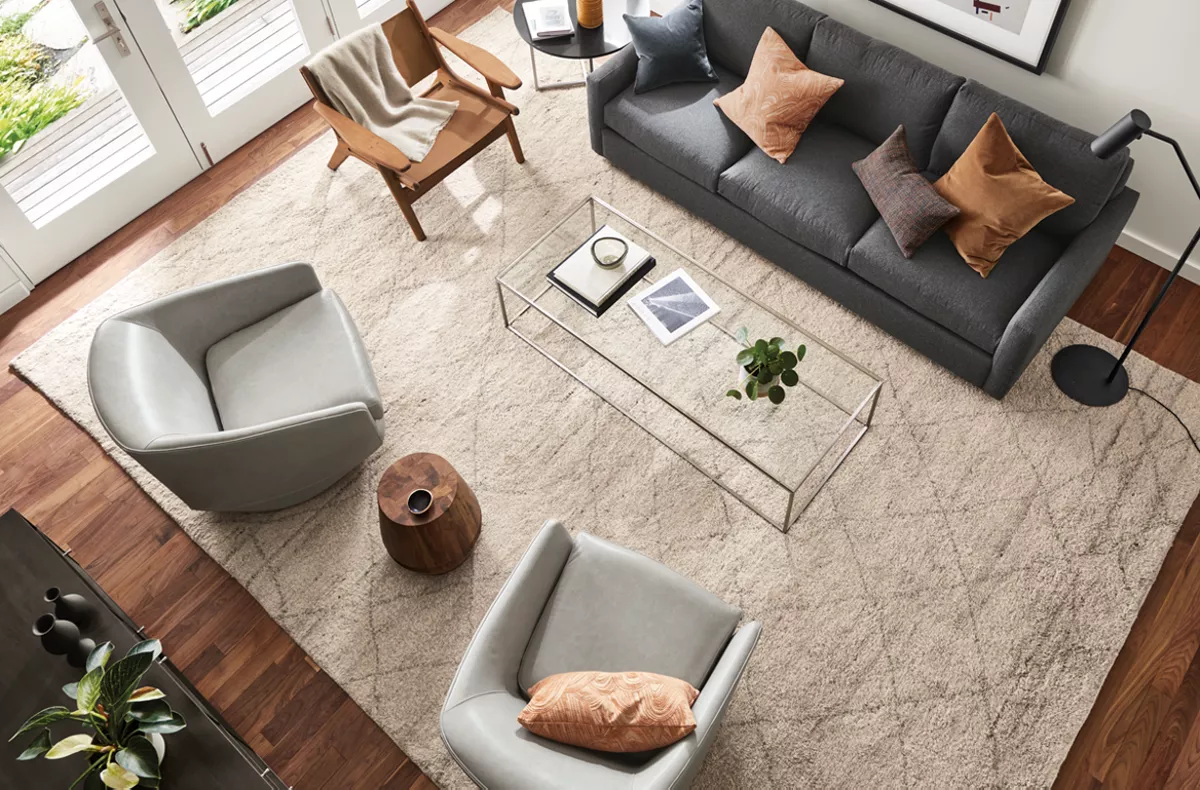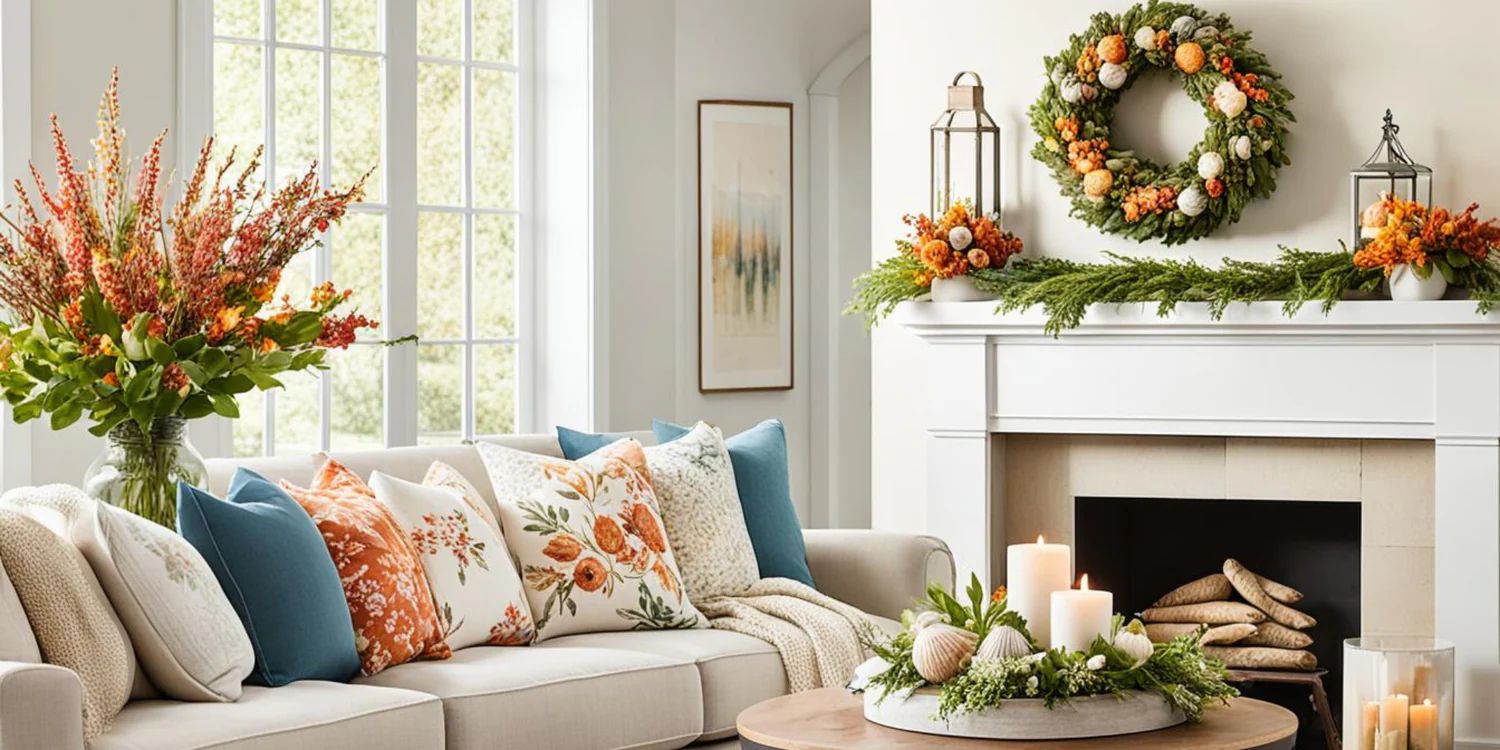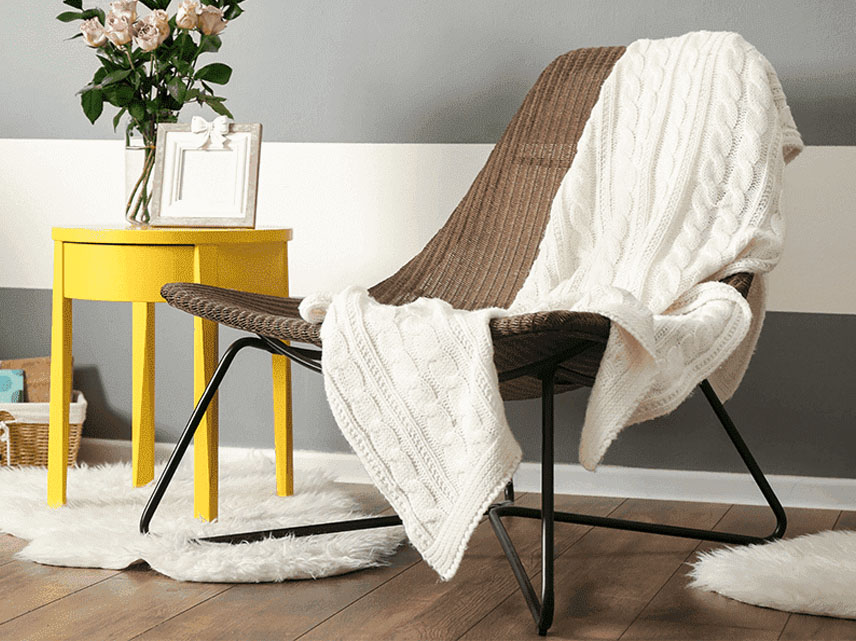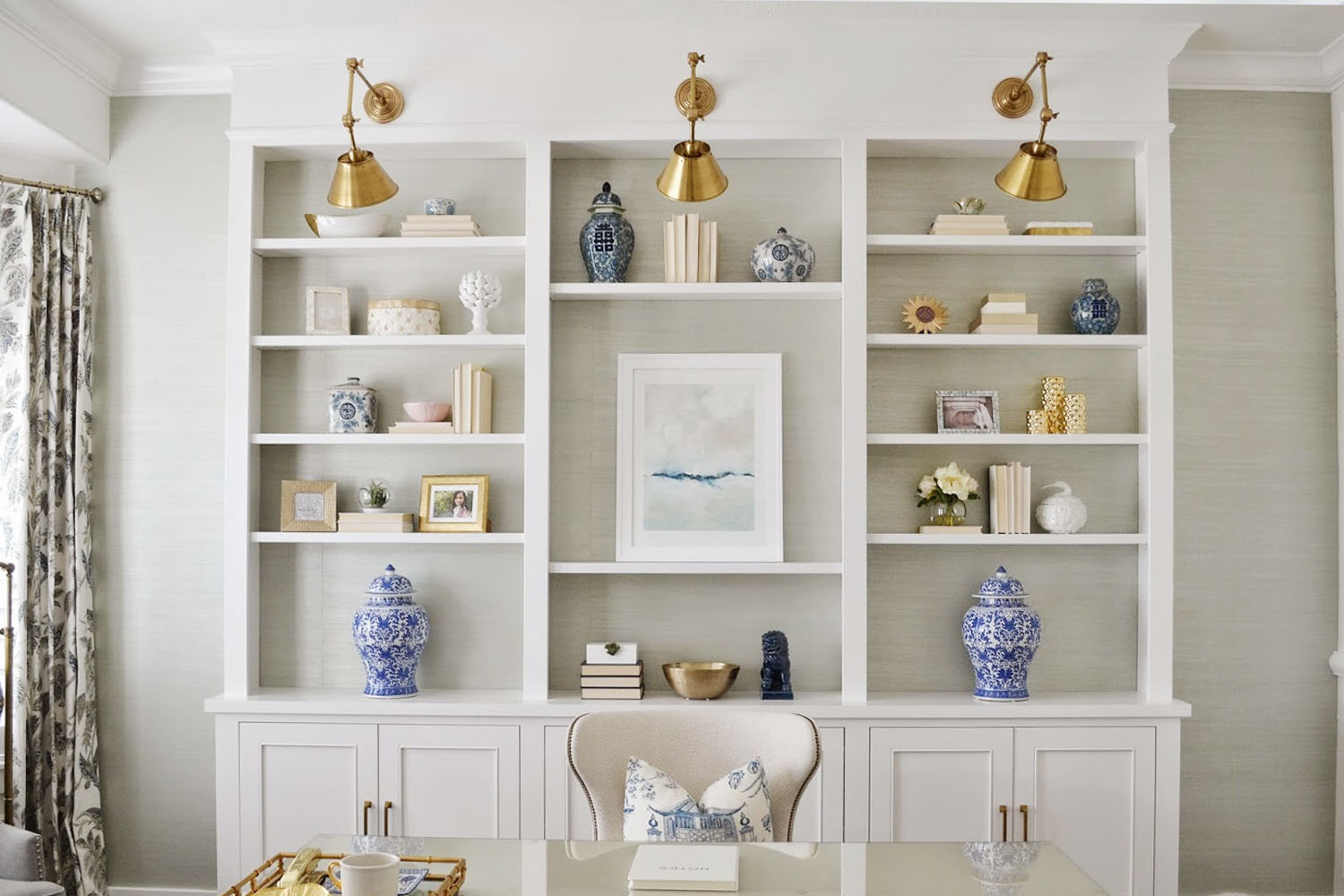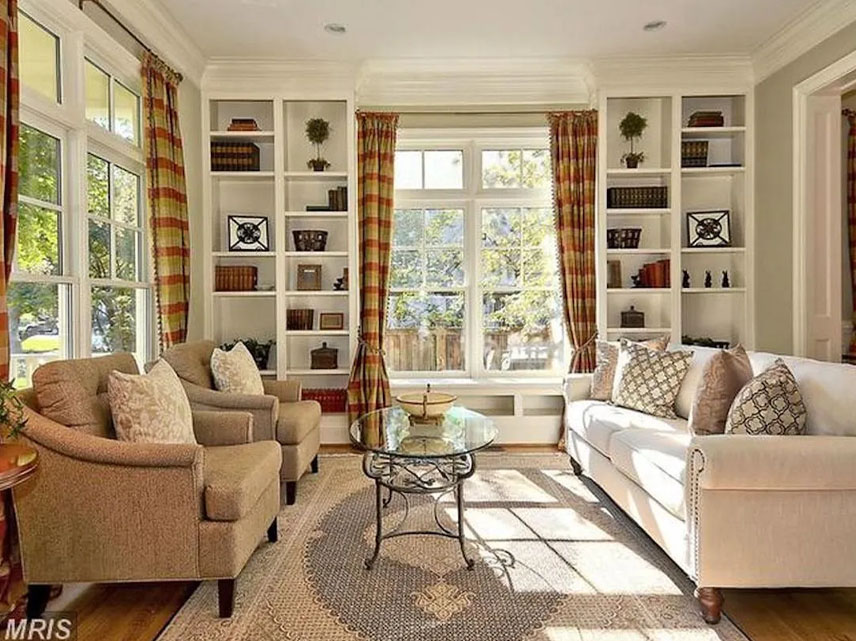Adding Personality with Gallery Walls and Art Displays
Bare walls are blank canvases—and one of the most impactful ways to bring them to life is with a curated gallery wall or art display.
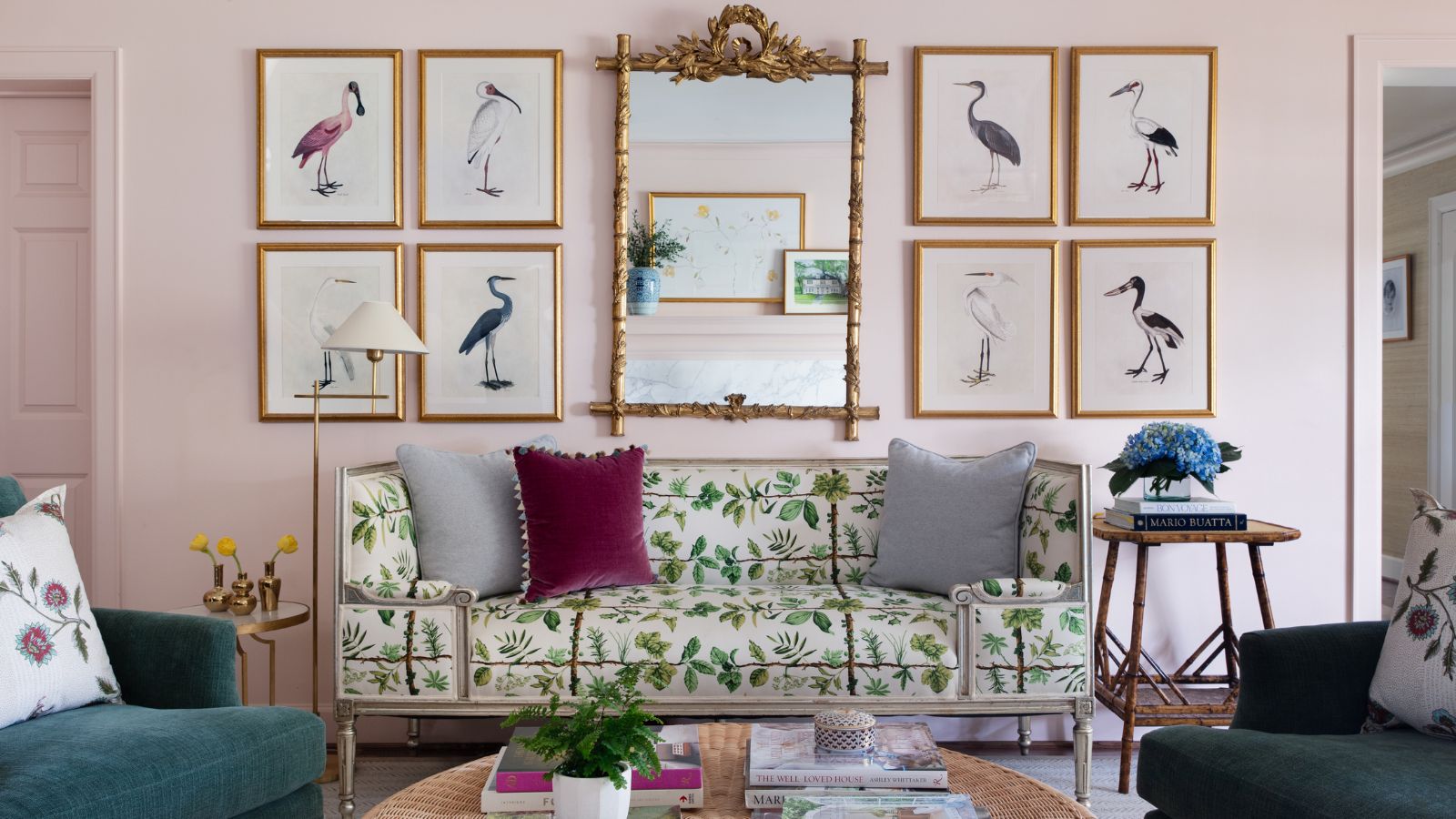
Recent Blogs
- How to Manage Oily Skin with the Right Products
- Top Budget Home Gym Equipment for Beginners
- Rediscover the Joy of the World Around You
- Post-Workout Nutrition: How to Recover Right
- How to Stay Fit While Traveling: Tips and Essentials
- Best Budget Tech Gadgets Under $100 in 2025
- Benefits of Using Natural Oils in Skincare
September 25 02
Introduction
Bare walls are blank canvases—and one of the most impactful ways to bring them to life is with a curated gallery wall or art display. Whether you're showcasing cherished photos, bold prints, or collected treasures, wall art allows you to express your personality and tell your story.
The beauty of a gallery wall is its versatility—it can be structured or eclectic, minimalist or maximalist. In this blog, we’ll walk you through how to style your own art display, with design tips that ensure it feels authentic, balanced, and visually stunning.
1. Decide on the Story You Want to Tell
Great art walls are personal. Start by choosing a theme or emotional direction.
Ideas:
- Family memories or travel photography
- Black-and-white minimalism
- Abstracts in a cohesive color scheme
- A mix of vintage art and modern prints
- Inspirational quotes or typography
This story becomes the thread that ties your visual narrative together.
2. Choose a Focal Wall or Space
Gallery walls work in almost any room, but some of the best spots include:
- Above a sofa or console table
- Along a staircase
- In entryways or hallways
- Over a bed or reading nook
- On empty walls between windows or doors
Choose a wall where the display will act as a conversation piece or focal point.
3. Select a Cohesive Color or Frame Palette
While variety adds interest, some level of cohesion ensures your gallery feels intentional.
Tips:
- Use frames in the same color or material (all black, wood, gold, etc.)
- Limit your artwork to a unified color palette
- Choose white mats to maintain consistency even with different styles
- Let one or two standout pieces guide the palette of the rest
This approach creates visual harmony without restricting creativity.
4. Mix Up Art Types and Mediums
A compelling gallery wall often includes a variety of pieces—not just framed prints.
Include:
- Paintings, drawings, and digital prints
- Framed textiles or wallpaper samples
- Decorative plates or mirrors
- Woven pieces, clocks, or sculptural elements
- Shadow boxes with objects or memorabilia
This dimensional mix adds texture, character, and surprise to the wall.
5. Plan Your Layout Before Hanging
Avoid unnecessary holes and frustration by laying out your design first.
Options:
- Arrange frames on the floor to experiment
- Cut paper templates the size of each frame and tape them to the wall
- Start with the largest piece and build around it
- Maintain 2–3 inches of spacing between pieces
Whether you go grid-style or organic, planning ensures a balanced and well-proportioned result.
6. Embrace Symmetry or Asymmetry
Your layout style sets the tone:
- Symmetrical grid: Formal, clean, structured
- Asymmetrical cluster: Eclectic, casual, creative
- Linear row: Sleek, modern, focused
- Central anchor: One large piece surrounded by smaller accents
Choose a style that matches the vibe of your room and personality.
7. Use Art to Enhance Room Function
Beyond style, art can also serve a functional or emotional purpose.
Examples:
- Calming landscapes in a bedroom
- Abstracts for inspiration in a home office
- Family photos in a hallway or staircase
- Bold pieces in social areas to spark conversation
Let the art support the mood of the space it occupies.
8. Don’t Be Afraid to Go Floor-to-Ceiling
Large displays feel immersive and dramatic. If you have the space, go bold.
Tips:
- Extend gallery walls to the ceiling for vertical impact
- Use tall layouts in narrow rooms to draw the eye upward
- Wrap art around corners for an unexpected twist
This makes the wall a true visual centerpiece.
9. Refresh and Rotate Periodically
Your tastes evolve—so should your art.
Ideas:
- Change prints seasonally
- Update photos annually
- Add new finds from travels or markets
- Shift layouts for fresh energy
Rotating art keeps your walls feeling alive and current.
10. Add Personal Touches for Authenticity
What makes a gallery wall special is your voice behind it.
Include:
- Handwritten notes or postcards
- Art from friends or family
- Childhood drawings or handmade crafts
- Ticket stubs or maps from places you've been
These small inclusions make the space uniquely yours.
Conclusion
Gallery walls and curated art displays are more than decorative—they're a creative reflection of who you are. With a bit of planning and a lot of personal expression, you can transform a blank wall into a living gallery that tells your story, inspires your days, and adds rich character to your home.
So take your time, trust your eye, and let your walls speak for you.
Comment:
Your email address will not be published. Required fields are marked *
Our Top Picks
No products found.


